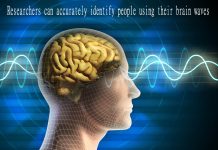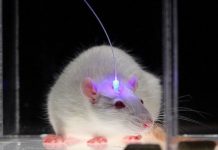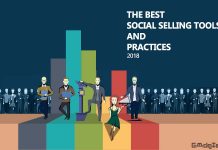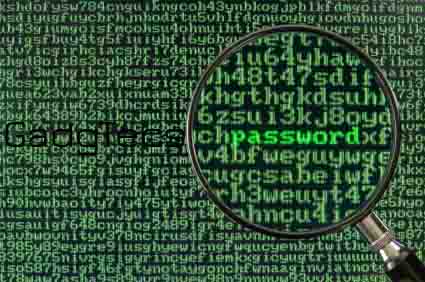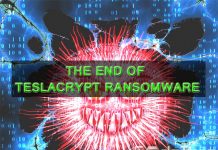“Encryption and anonymity, separately or together, create a zone of privacy to protect opinion and belief,” says the report written by David Kaye, a special rapporteur within the UN’s Office of the High Commissioner for Human Rights.
The report, which shall be introduced to the UN Human Rights Council in the coming month, comes as many governments try and put “back doors” in encryption programs to help law enforcement agencies.
Kaye speaks out in opposition to such back doors within the report, calling on the US Congress to “prohibit the Government from requiring companies to weaken product security or insert back-door access measures.”
“States ought to avoid all measures that weaken the security that individuals might enjoy on-line, such as backdoors, weak encryption standards and key escrows,” the report states, including that encryption is critical for artists, journalists, whistle blowers, and plenty of others.
In an interview with the Washington Post, Kaye stated back doors “lead to insecurity for everyone, even if intended to be for criminal law enforcement purposes.”
It comes as the United States continues to participate in an ongoing privacy debate, in an effort to balance privacy rights and national security.
One aspect of the token is tech firms, many of which have rushed to encrypt their programs following Edward Snowden’s 2013 NSA revelations.
READ MORE: UK Police Admits to investigating journalists for covering Snowden files
However, Obama administration officials are pushing for encryption with a backdoor, or “master key,” which can be utilized by law enforcement and other agencies.
On Wednesday, US Attorney General Loretta Lynch echoed the administration’s wishes, stating that she has “grave concerns” about encryption being utilized by “individuals whose sworn duty is to hurt Americans here and abroad.”
Speaking at a cyber warfare convention on Wednesday, National Security Agency’s director Mike Rogers stated encryption is “not bad,” and that it’s a “fundamental part of the future.”
However, he continued by asking whether or not it was possible to create “some mechanism” which permits governments to “access info that directly pertains to the safety of our respective nations” whereas being “conscious” that citizens’ rights have to be protected.
The reply to Rogers’ question, according to Kaye, is a clear-cut “no.” Kaye says that compromised encryption will merely weaken everybody’s safety on-line.
He added that those with the abilities to exploit the weak factors of compromised encryption would be capable to simply achieve this – whether or not those individuals had been “State or non-State, legitimate, or criminal.”
The report, which has been welcomed by encryption advocates, additionally warns against state prohibitions of anonymity on-line – together with real-identify registration, SIM card registration, or banning of anonymity instruments such as Tor (or the upcoming HORNET), adding that such requirements intrude with the freedom and liberty of expression.





